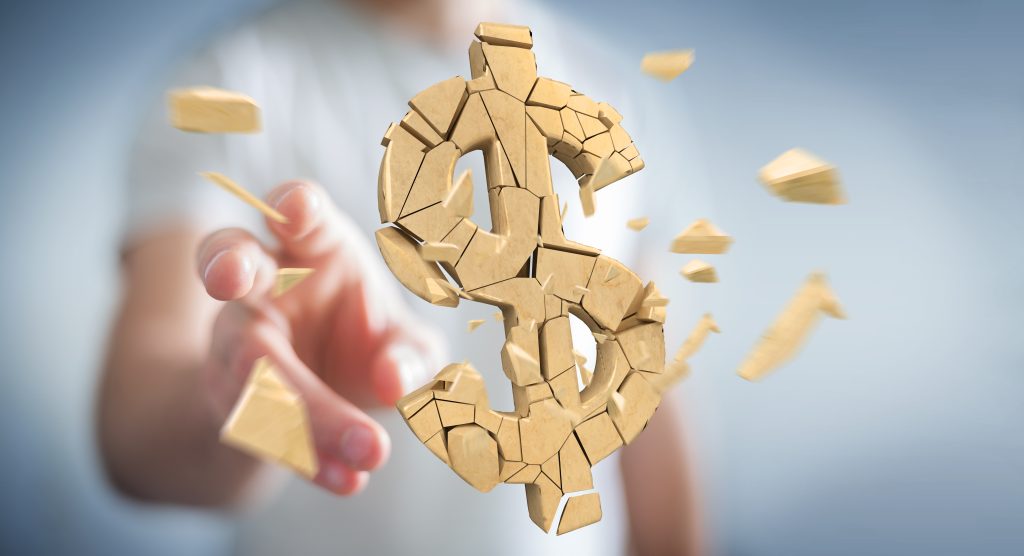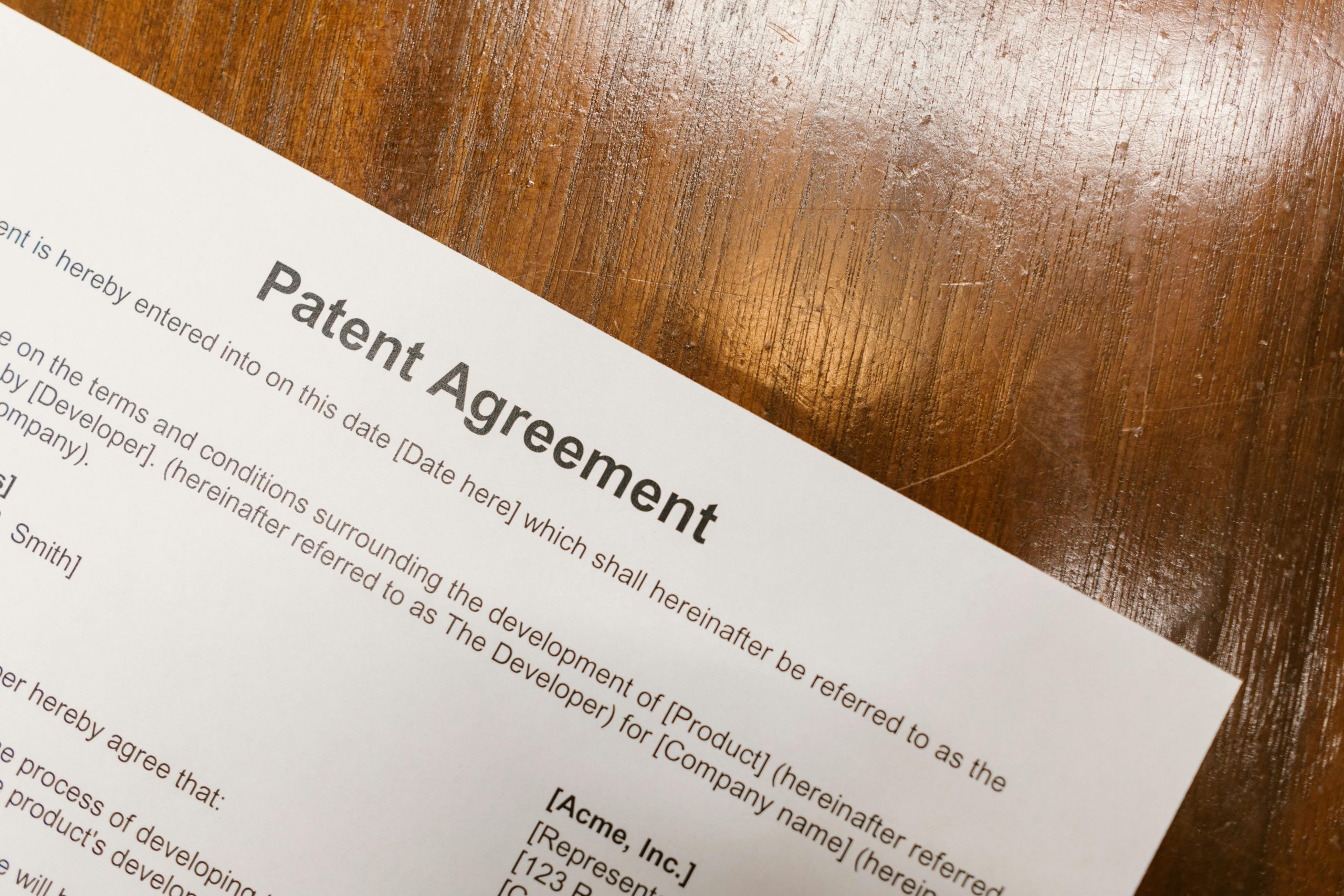
If you own a business, depreciation is important to help manage expenses, reduce taxable income, and account for the true value of assets over time. While there are different ways to calculate depreciation, such as straight-line or declining balance. Straight-line depreciation is the easiest method. It spreads the cost evenly over the asset’s useful life. Declining balance depreciation is an accelerated method of depreciation that depreciates an asset faster than in earlier years. If an asset loses value quickly, like tech equipment, this method is the most useful.
So, what assets can and can’t be depreciated? Many of us are familiar with assets that can be depreciated like commercial buildings and cars. But what assets cannot be depreciated? Here are 5 surprising assets that cannot be depreciated.
1. Patents and Copyrights

If you acquire a patent or copyright, it can be depreciated. If the patent or copyright is self-created, however, it can’t be depreciated. This is an important distinction that you should know about. The same is true for brand names and trademarks. If self-created, they aren’t depreciable, but if purchased they may be amortized.
2. Inventory
Inventory doesn’t get depreciated, but instead gets expensed when sold. The IRS considers inventory a short-term asset that is meant to be sold in less than a year. So it doesn’t have a long enough lifespan to be depreciated. Say your inventory is damaged or doesn’t move quickly. You would then account for it in an inventory write-down to account for its current market value.
3. Land
While land itself cannot be depreciated, many land improvements can be. With every property, there are usually improvements needed over time. If you’ve invested money into landscaping, land improvements, or outdoor infrastructure, these assets may be eligible for depreciation. Improvements like irrigation systems, parking lot resurfacing, or sidewalk repairs can be depreciated. Things like trees, grass, and shrubs aren’t depreciable unless part of a qualified land improvement.
4. Demolition Costs
While you can depreciate improvements, demolition costs can’t be depreciated. If you tear down a building, the cost is added to the land value instead of being depreciated. Demolition costs are usually considered a capital expense that improves the land or changes its use. If demolition is part of a redevelopment project, certain costs may be deductible or amortized. As discussed, since land doesn’t lose usefulness it also can’t be depreciated.
5. Office Assets
While assets like office furniture can be depreciated, things like artwork cannot be depreciated. The same is true with antiques. However, if these assets are used in a business setting and you can prove a limited lifespan there may be some exceptions. Additionally, any assets only used for personal use cannot be depreciated. So things like furniture in your home don’t qualify.
What assets do you depreciate? Were there any assets on this list that cannot be depreciated that surprised you? Let us know your thoughts.
Read More
Planning an Intimate, Budget-Friendly Spring Wedding
Leaving Florida: 8 Reasons Why People Are Moving Out Of Florida and Going to Texas Instead

Teri Monroe started her career in communications working for local government and nonprofits. Today, she is a freelance finance and lifestyle writer and small business owner. In her spare time, she loves golfing with her husband, taking her dog Milo on long walks, and playing pickleball with friends.

Leave a Reply